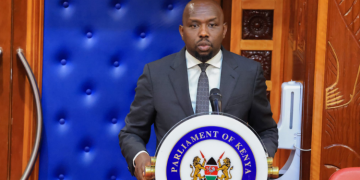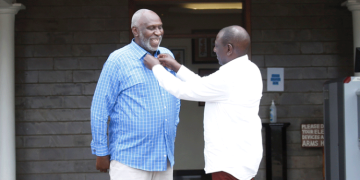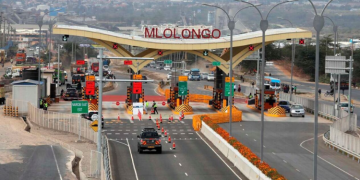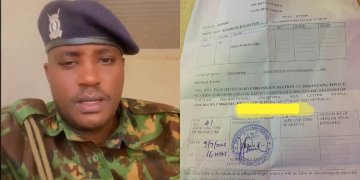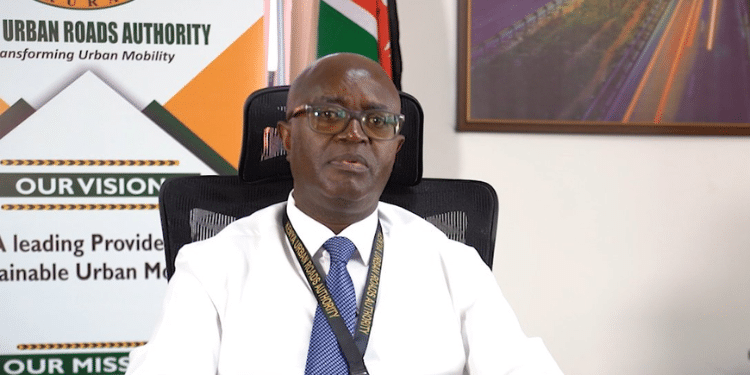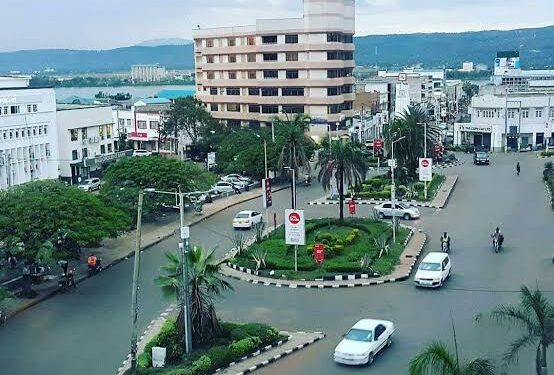The European Investment Bank has issued 40 million shillings to Kisumu County to support their bid to address solid waste management.
The technical assistance program was extended through the County Directorate of Climate Change.
Moreover, this move is in partnership with German Corporation for International Cooperation under the City Climate Finance Gap fund.
In a press statement, the European Investment Bank noted that the project will analyze the potential for generating biogas from the organic waste produced in four farmers’ markets and six informal settlements in Kisumu.

Subsequently, the Gap Fund will conduct pre-feasibility studies with concrete recommendations on how to optimize waste collection, which currently stands at 35%, and collaborate with small and medium private waste collectors.
Also Read: Ruto Goes After NGOs Receiving Millions from Donors
The program will also analyze the availability of last mile connection options for the gas to reach the final beneficiaries, both within the markets and at informal settlements.
Beneficiaries of the Program
In addition, the funding will help ensure the idea becomes a viable project.
Through the project, 16,000 tons of organic waste is expected to be diverted from landfills or open dumpsites in a 4-year period and a reduction of greenhouse gas emissions is also expected.
Once implemented, the project will have numerous benefits for the county residents
Moreover, about 30,000 residents are expected to gain access to biogas for energy purposes thus, reducing households and businesses’ dependence on fossil fuels and biomass.
Similarly, this will have a positive spill-over effect of reducing deforestation.
About 20% of Kisumu County’s farmers are also expected to use the organic compost produced as manure to improve their crop yield.
In addition, the 620,000 residents of Kisumu City will enjoy a much cleaner, safer, and healthier environment because of the project.
Speaking on the partnership, Edward Claessen, the Head of the EIB Regional Hub for East Africa highlighted the possibility of extending the program to other county governments.
“Through the fund, we aim to help county governments of all sizes to ensure climate resilience is built-in and mainstreamed in their urban growth,” he said.
Also Read: Navigating the Climate Change Agenda: The Crucial Role of Climate Financing
Mr. Claessen further added that City Climate Finance Gap Fund is a good example, besides financing, it also provides advice and technical assistance to its partners.
Kisumu County Action Plan
Officials in Kisumu County welcomed the program led by Maryline Agwa, the Kisumu County Executive Committee Member for Water, Environment and Climate Change.
The committee member expressed her gratitude to the fund, “as a county we are excited to welcome the team and we value the support from EIB and GIZ through GAP Fund to conduct the waste to biogas feasibility study.” she said.
Likewise, she noted that the program will enable the city and county government to manage and divert over 70% of organic waste which is normally transported to the dumpsite hence a boost to Kisumu County
Moreover, the study is set to improve opportunities for GCF funding, create green jobs, and other climate financing opportunities since crucial data will be readily available.
Consequently, the county government stated that it is committed to providing an enabling environment throughout the study period.
The project is in line with the aspirations of the Kisumu County Integrated Climate Change Action Plan (2023-2027), Kisumu County Climate Change Act, 2020, Kisumu City Integrated Urban Strategic Plan, the Local Urban Development Plan and the Kisumu Integrated Solid Waste Management Strategy: 2015-2025.



